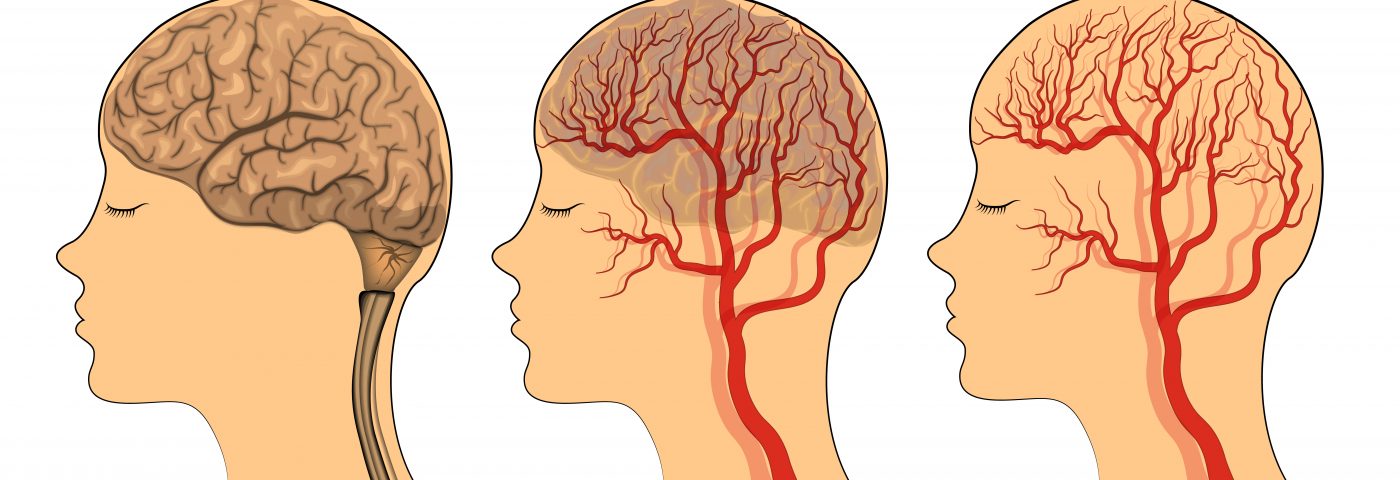Lack of a protein called sirtuin 1 (SIRT1) in cells that build up the lining of small blood vessels in the brain likely contributes to neuroinflammation associated with adrenoleukodystrophy (ALD), a study says.
As this protein can control the activity of other molecules involved in the body’s metabolism, enhancing the activity of SIRT1 may represent a potential strategy to prevent pro-inflammatory signals involved in ALD progression.
These findings were reported in the study, “SIRT1 activation alleviates brain microvascular endothelial dysfunction in peroxisomal disorders,” published in the International Journal of Molecular Medicine.
ALD, also known as X-linked ALD (X-ALD), is a rare genetic neurodegenerative disorder caused by mutations in the ABCD1 gene, located on the X chromosome. It is characterized by the accumulation of fatty molecules, called very long-chain fatty acids (VLCFA), which can destroy myelin — the fatty substance that protects nerve cells — and induce neuron degeneration.
Studies have shown that in X-ALD, brain endothelial cells — the cells that make up the walls of small blood vessels in the brain — fail to form an impermeable barrier, known as the blood-brain barrier (BBB). As the BBB is a major protective layer from harmful substances carried in the blood, it is thought that it may likely contribute to brain inflammation and neurodegeneration when damaged or if its function is somehow impaired.
Researchers from the Xuzhou Medical University in China have now shown that SIRT1 protein malfunction in brain endothelial cells is likely one of the reasons BBB permeability is compromised, eventually leading to neurodegeneration, in ALD.
The team performed a series of experiments using human brain microvascular endothelial cells (HBMECs) cultured in the lab.
When they blocked the activity of ABCD1 gene — mimicking the effects of X-ALD in a dish — using small RNA molecules in HBMECs, the levels of SIRT1 significantly decreased and the composition of proteins forming endothelial cells’ tight junctions shifted.
Tight junctions are structures that ensure cells are placed side by side very closely, so that they form an impermeable barrier. These structures are critical for correct function of the BBB.
However, when the team treated these cells with resveratrol, an activator of SIRT1, these changes in protein composition of cells’ tight junction induced by loss of ABCD1 were mostly prevented.
Researchers also found that treatment with resveratrol reduced the adhesion of brain endothelial cells to monocytes (a type of immune cell) and reduced the levels of damaging oxidative stress, which were also events triggered by the absence of ABCD1.
Finally, they found that boosting the activity of SIRT1 using resveratrol improved the function of brain endothelial cells by modulating the activity of two signaling cascades known to be involved in immune response and inflammation — the nuclear factor‑κB (NF-κB) and Krüppel-like factor 4 (KLF4) signaling pathways.
“The present study demonstrates, for the first time, that brain endothelial … dysfunction secondary to X-ALD … causes dysregulation of SIRT1, which alters the … regulation of adhesion molecules and tight junction proteins via the NF-κB and KLF4 signaling pathways,” the researchers stated.
Supported by these findings, the team believes that “SIRT1 depletion in brain endothelial cells … may be one of the underlying mechanisms for monocyte and microglia (brain-resident immune cells that support and protect neurons) activation during neuroinflammation in [X-ALD].
“Restoration of endothelial function by normalizing SIRT1 levels with substances including resveratrol or by targeting its downstream signaling pathways may give rise to novel therapeutic strategies for these devastating neurodegenerative disorders.”


